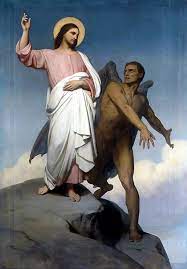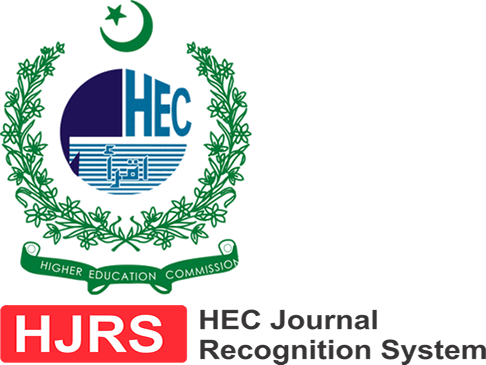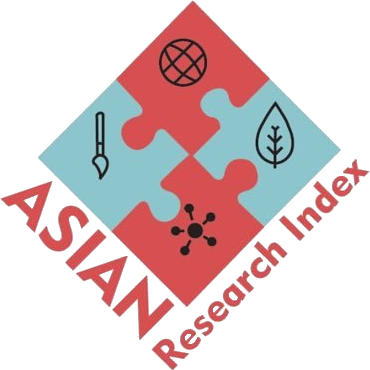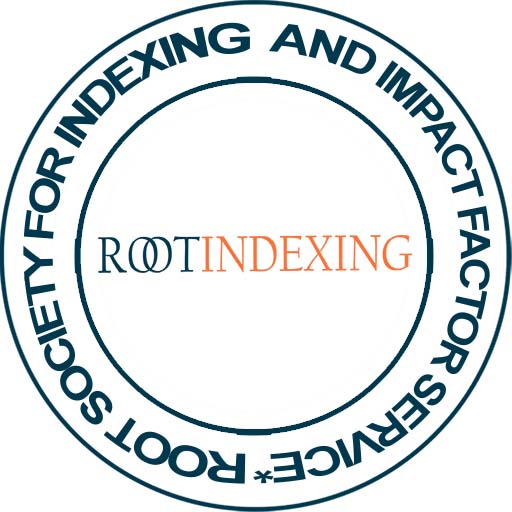THE CONCEPT OF GOOD AND EVIL IN REVEALED AND NON-REVEALED RELIGIONS
DOI:
https://doi.org/10.5281/zenodo.7787130Keywords:
Good and evil Literature, Revealed and Nonreligious, philosophy, IslamAbstract
In any religion or philosophy, good and evil keep central position. Human wants good and dislikes the evil by nature. In all religions of world everything which cause heart rending for human, it is evil and every work for world on which basis we get happiness, bliss and spiritual comfort that is “Good”. Islam advocates the comforts, ease and peace for humanity as a whole rather than only individual. It has always kept wisdom dependent upon revelation because all the times wisdom may not access to the reality. Islam has not changed its viewpoint with passage of time like other religions and followers of Buddhism, Christianity, Hinduism and Zoroastrianism respectively. Islam is the complete religion; Allah almighty has taken the responsibility of its protection therefore, it has been neither changed, amended nor it will be. The Muslim always only follows obligations those Allah has ordered them to obey.
References
Imad-ul-Hassan Azad Farooqi, Major Religions of the World, (Lahore, Mukta Jadi Press,2013) p 81.
Ibid, Pg . 85
Yafath al-Meem wa Zham-ul-Nun al-Makhita (Religious Law of the Hindus) Dharma Shastra, p. 85
Al-Quran 16 :36
Al-Quran 49 : 13
Al-Quran 49 : 13
Al-Quran 4 : 116
Abu Abdullah Muhammad Shoaib, Religions and Religions of All Nations, (Gujrat: Muslim Publications, 2007) p 97.
Al-Quran 24-30
Al-Quran 38 : 87
Al-Quran 7: 158
Abdul- al-Qadir Shaibta Al-Khamd, Religions and Religions of the World Nations, p 92.
Ibid, p 97.
Mazharuddin Siddiqui, Islam and World Religions, (Lahore: Mukta Jadi Press, Lahore) p 39- 38.
RC Zenher, The Dawn and Twilight of Zoroastrianism, (London, 1961), p 27-26.
Imad-ul-Hassan Farooqi, Major Religions of the World, p 168.
Abdul Qadir Shaibta Al-Khamd, Religions and Religions of All Nations, p 51.
Zakir Naik, “Non-Muslims about the concept of God and Islam in the religions of the world”, translated by Syed Imtiaz Ahmad, (Lahore: 2006) P 87.
Abu Ala Maududi ,What is Islam?, Islamic Publishers , pg 16,17
Syed Jalaluddin Umari, Maruf and Mankar, (Lahore: Islamic Publications Limited, 1971) p 21.
Al-Qura’an 2 : 216
Al-Quran 1 : 1
Al-Quran 114 : 1
Al-Quran 26 : 28
Muhammad Rafiuddin , Quran and Modern Science, Education Conference Lahore 1959
Al-Quran 16 : 35
Al –Quran 41 : 2
Al-Quran 2- 103
Al – Quran 17 : 35
Al-Quran 2 : 272
Al –Quran 22 : 77
Al- Quran 2 : 269
Al-Quran 20 : 73
Al-Quran 70 : 23 , 24, 25 ,26
Al-Quran 9 : 54
Usmani Muhammad Shafi , Ma'arif al-Qur'an. Volume IV, (Karachi: Al-Maarif, 2010) Vol IV, p 258.
Ibid, pg. 855
Pir Muhammad Karam Shah Sahib, Zia-ul-Quran, (Sargodha: Zia-ul-Quran Institute) Vol VIII, p 303.
Maulana Ashraf Ali Thanvi, Bayan al-Qur'an, (Lahore: Ahmadiyya Anjuman Publication of Islam, 1973) Vol I, p 162.
Iqbal New Formation, Aziz Ahmad, (Lahore: Iqbal Academy, 1997) p 190.

Downloads
Published
How to Cite
License
Copyright (c) 2022 AL MISBAH RESEARCH JOURNAL

This work is licensed under a Creative Commons Attribution 4.0 International License.
AL-MISBAH Research Journal is full open access and licensed under Creative Commons Attribution 4.0 International License; and Published by: Research Institute of Culture & Ideology (REINCI), Islamabad, Pakistan. This allows the research community and the general public to gain unlimited, free and immediate access to scholarly articles, and to reuse the content freely provided that proper attribution is given to the original authors.









